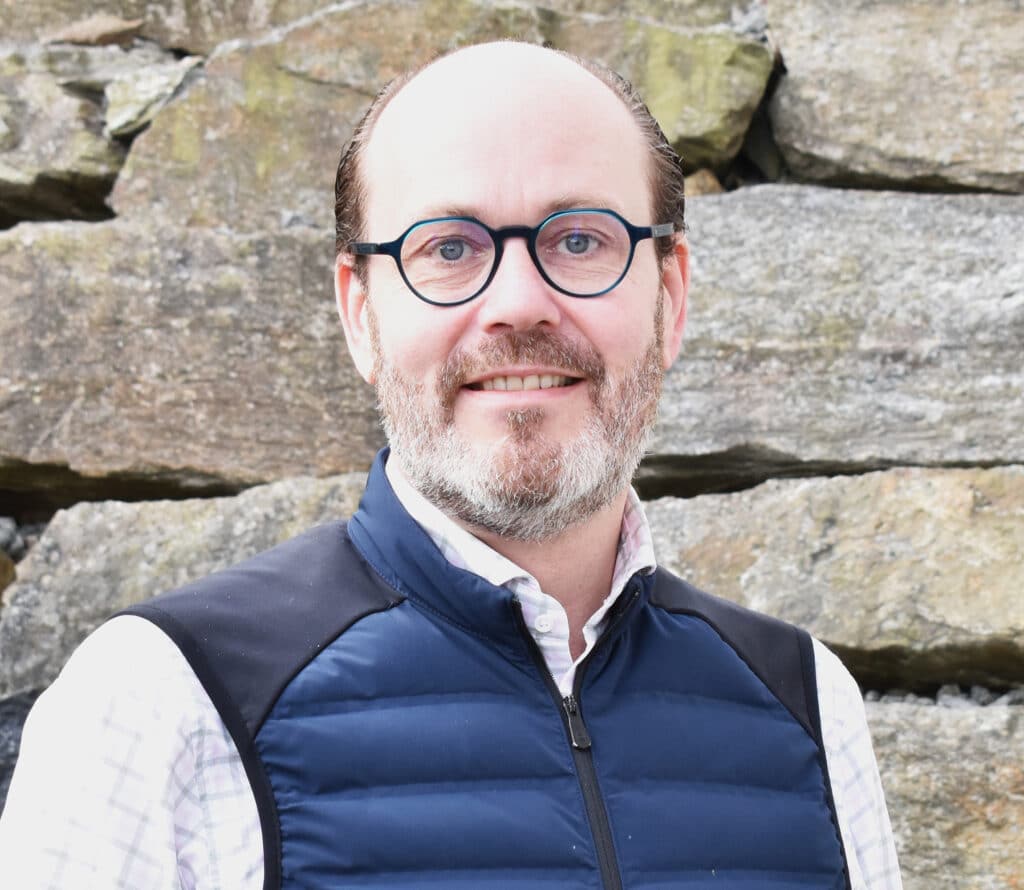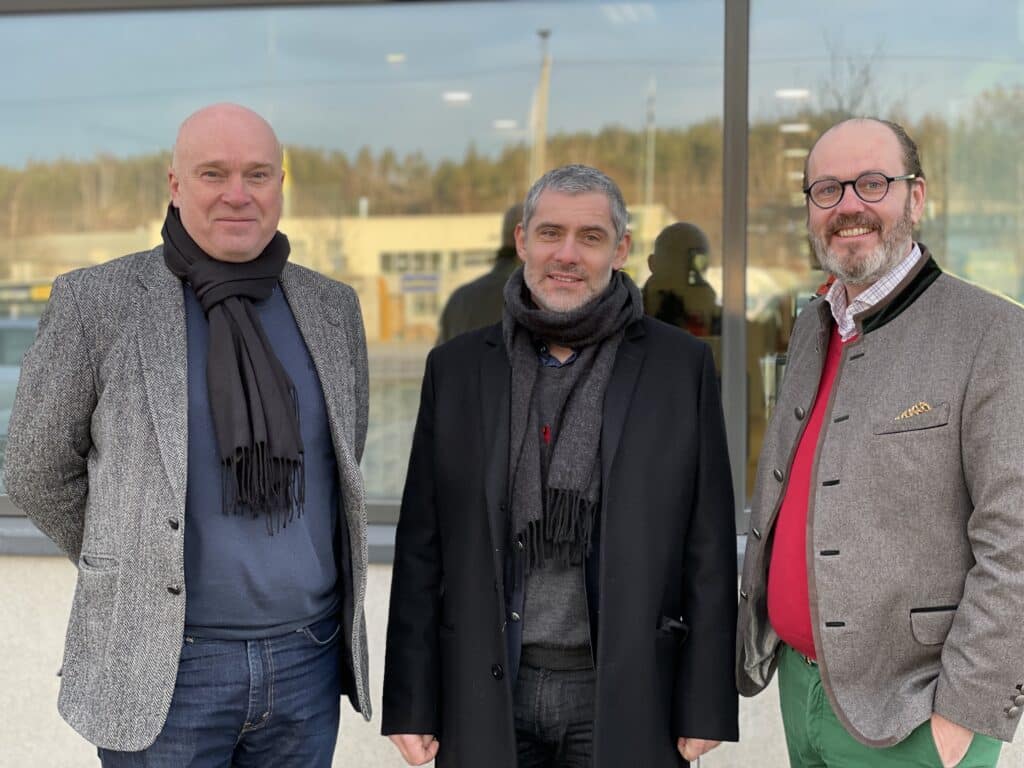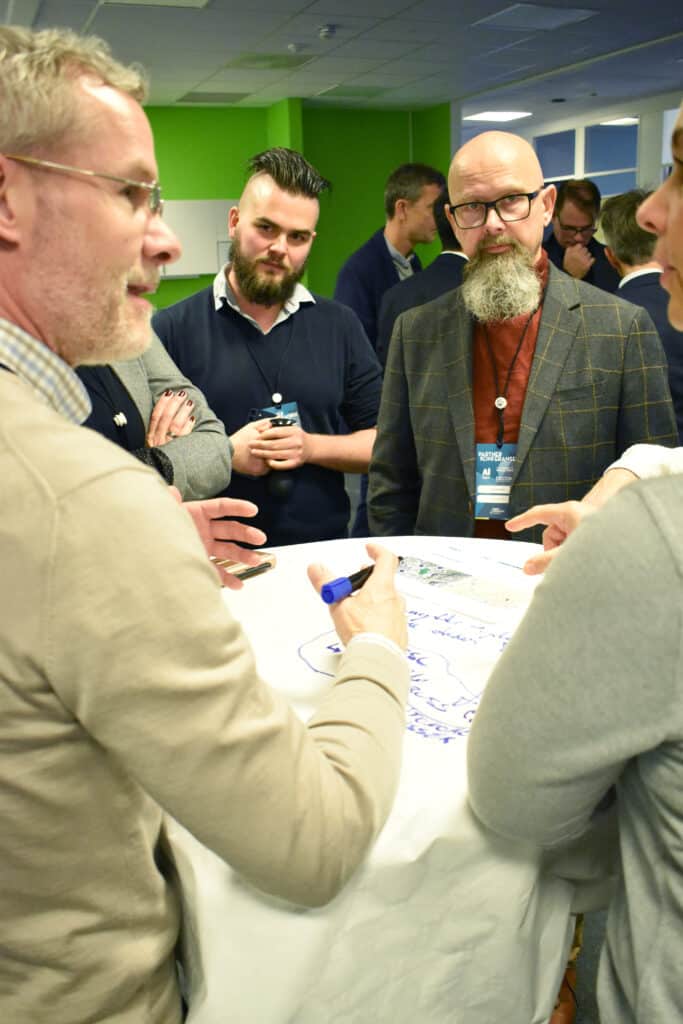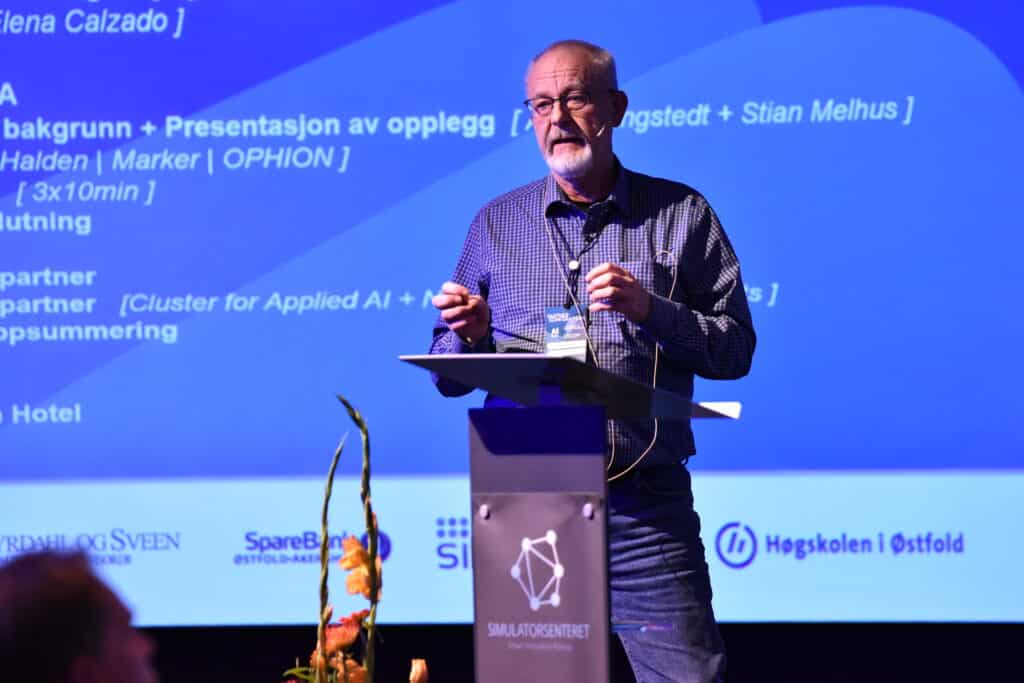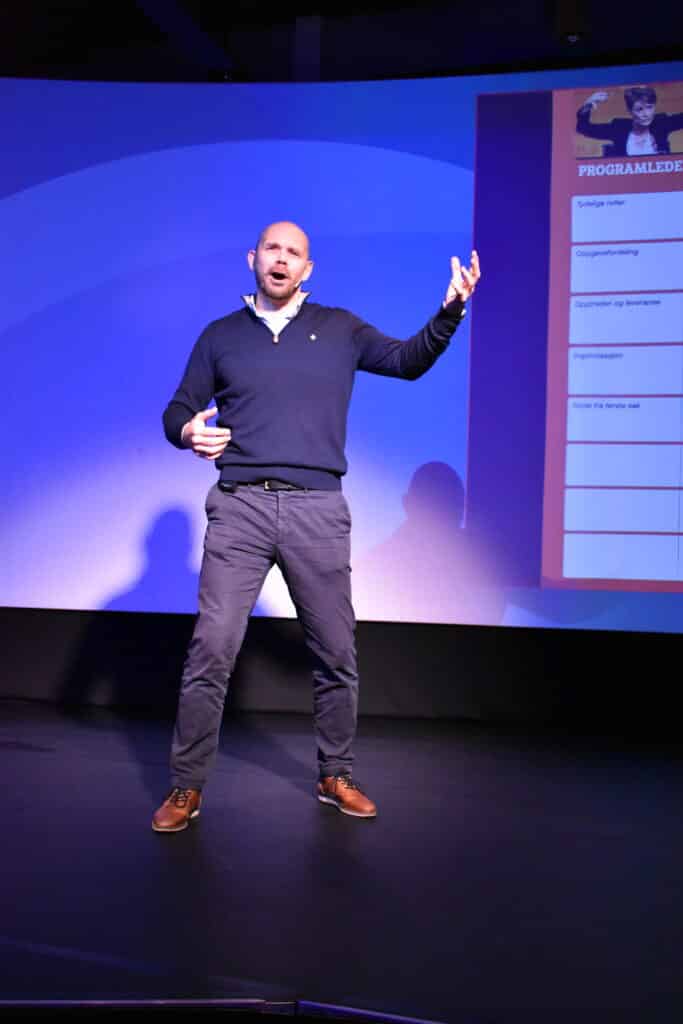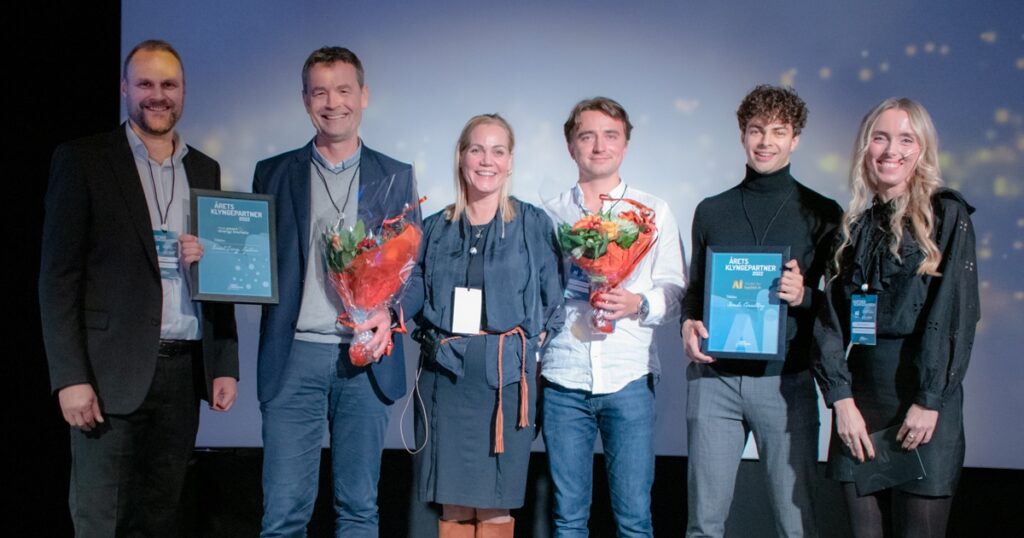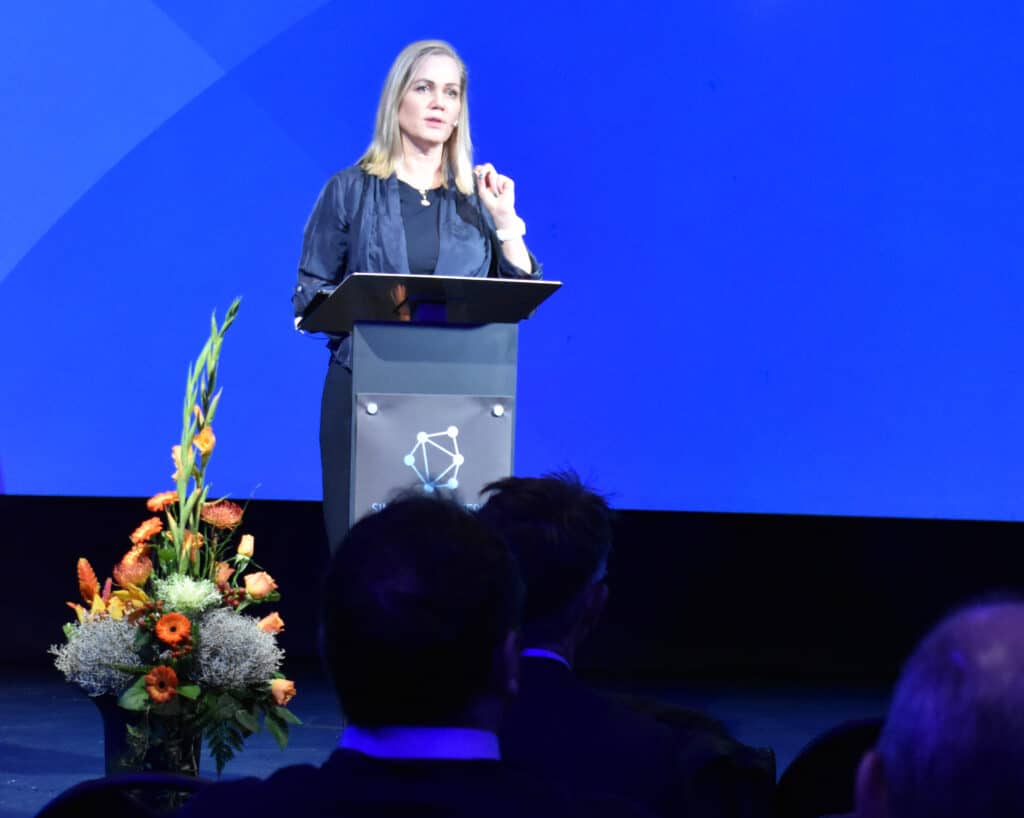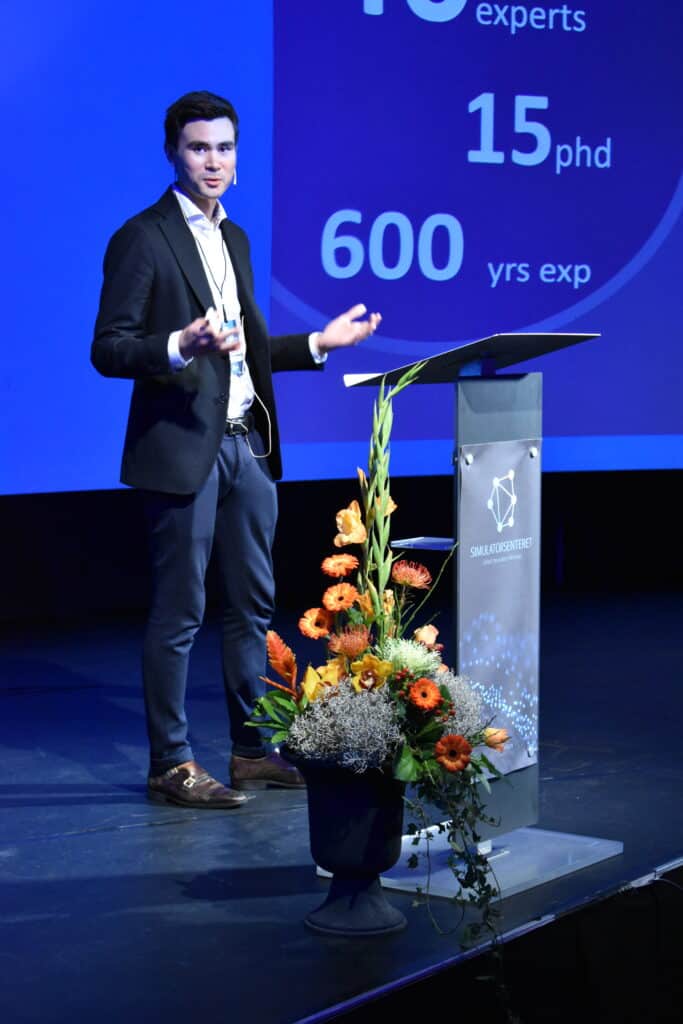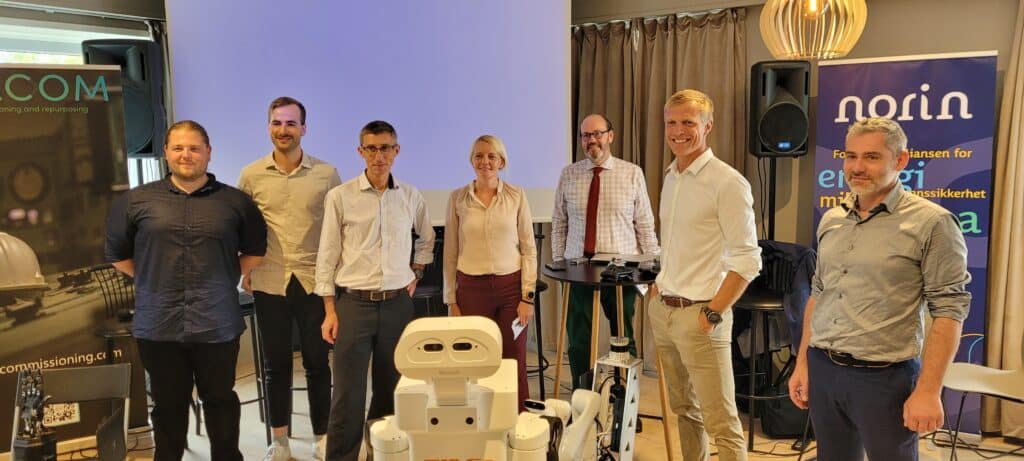As a skills broker, Hermund Arntzen Dale has first-hand knowledge of how research can help companies solve their challenges.
Competence Broker is a free tool for developing business in Viken through research-related projects.
For several years, Smart Innovation Norway has represented one of seven brokers in Viken county. Hermund Arntzen Dale has recently taken on the role and is already well underway with both outreach activities and guidance of companies.
- Well suited as a competence broker
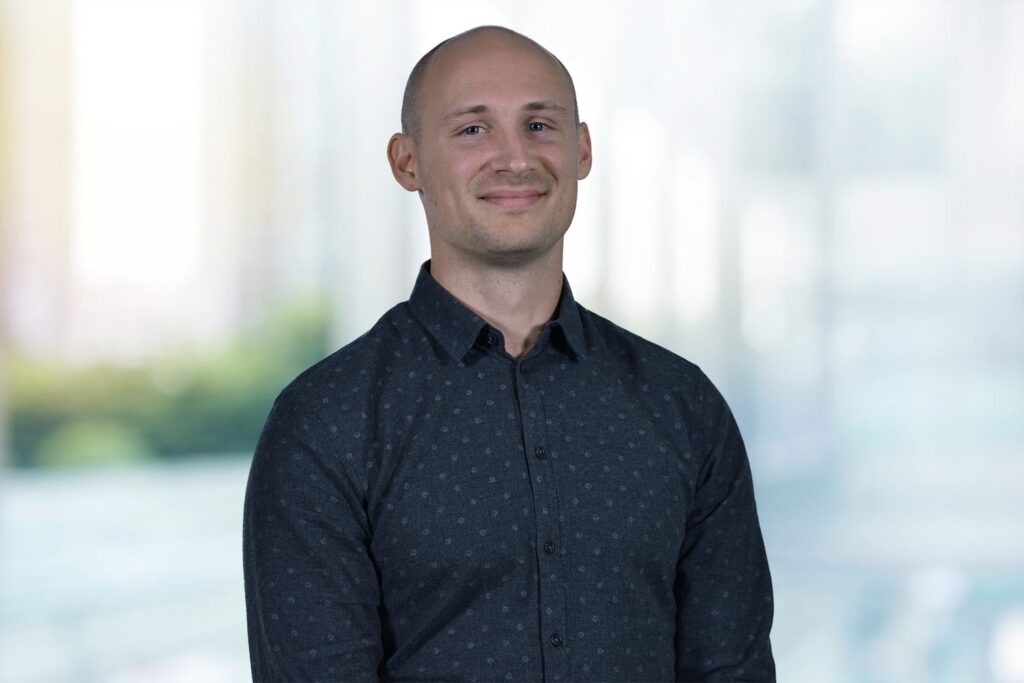
The aim is for business to develop through research-based innovation by helping business actors to identify areas where research can contribute to further growth.
Dale gets high praise as a skills broker from Violette Yi Qin, project coordinator for Skills Broker in Viken.
- We believe Hermund is a good fit for the role due to his work experience, educational background and personality. He has worked in various industries within energy and technology and has a good understanding of the public funding system both through academia and work in industry. The fact that he has work experience as an entrepreneur, we think is very positive - then you can forge closer ties with an important part of the companies, which is the main goal of competence brokerage. In addition, he is friendly and motivated, which we think is a success factor for being a good competence broker in Viken," she says.
The key tasks of a competence broker are to help companies identify problems that can be solved with research, find relevant partners and the right expertise in the research community, and find funding schemes that can co-finance the project.
- My background means that I have good knowledge of the public funding system, and that I know the needs and challenges of early-stage companies. I also find it very fun to tackle challenges in the business community and look at the opportunities that exist to develop new solutions while working with my areas of interest, which are technology, climate and the environment," says Dale.
- To become more profitable than they are today
The competence brokerage scheme is funded by the Viken County Council's Forregion programme, which aims to mobilize increased use of research as an innovation tool.
Based on the Research Council's three priority areas of sustainable transition and value creation, commercialization from research, and regional development, competence brokers have been established within urban, urban and regional development, health and care, climate, energy and environment, and technology.
Dale offers his expertise and advice in technology together with Per Olve Tobiassen from SpinOn AS in Kongsberg.
- The service is initially aimed at enterprises with little or no research experience. The premise is that development should take place through research. Together we will identify the problem and potential of the business, with the aim of creating returns and new jobs. We will simply find solutions that are more profitable than they are today," Dale explains.
Skills brokers exist in every county and the community works across municipal and county boundaries.
- I can easily connect them with the right competence broker in the right field and geographical location. The others do the same for me. In this way, we have a nationwide reach and, in practice, no limitations," says Dale.
Need for guidance
Most research and development (R&D) projects rely on funding schemes to be realized. And it is start-up companies that often have the opportunity to try out new ideas in response to changes in the market.
Unfortunately, figures from the Research Council show that small and early-stage companies are the most likely to have their applications rejected.
- Young companies naturally do not have experience in writing project applications, and many do not spend enough time on formulating themselves correctly or responding to what the call for proposals actually asks for. It can therefore be useful to get guidance from a competence broker when writing applications," says Dale.
The offer aims to give companies experience in R&D. The FORREGION Business Project support scheme is therefore central. Under this scheme, companies can receive up to NOK 200,000 for their research project.
Competence brokers also provide guidance on other funding schemes at the Research Council of Norway, the Regional Research Fund and other actors. However, competence brokers do not provide guidance on writing applications to Innovation Norway (IN)'s funding schemes because they have their own supervisors.
- We work closely with IN and can, however, refer to relevant personnel who can be of good help to the company, Dale explains.
Short route to skills and networks
The "competence broker" function was awarded to Smart Innovation Norway since the company already works with business, development, innovation, applied research, technology and clusters.
Read more about Smart Innovation Norway's two other business clusters:
Dale has access to Smart Innovation's entire network and all the knowledge of its employees. This puts him in a particularly good position to assist Viken's business community.
- The way we work on a daily basis at Smart Innovation is not very different from the typical day-to-day work of a competence broker. We share and use methods such as facilitating workshops, uncovering needs, mapping competencies and identifying potential, so I have a short path to competencies other than my own," he explains.
Experience so far shows that the free skills brokerage offer has great potential to become known among business stakeholders.
A large part of Dale's job will therefore be to conduct outreach activities both directly to innovation environments, companies and individuals, and by being present at trade fairs, conferences and other meeting places where these actors participate.
- An important task will be to motivate innovation and development. Not everyone sees their own potential, but with my knowledge and network, I see opportunities where others do not. However, it is crucial that the will to innovate comes from within, and another important part of my job will be to be realistic and make the right recommendations for further development," he says.
Practical information
There is no application process for using a competence broker, nor is there any cost associated with the service.
Interested parties can contact Hermund Arntzen Dale by e-mail or phone +47 909 68 284.

